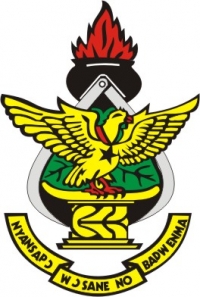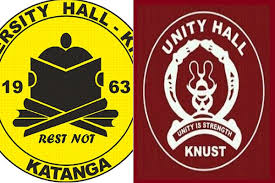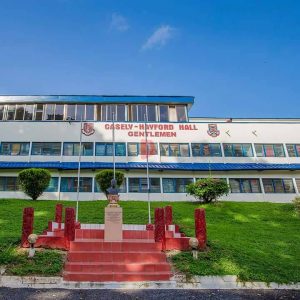 The use of plastic and other forms of waste to generate fuel, though recent, promises to be a reliable option for effective waste management.
The use of plastic and other forms of waste to generate fuel, though recent, promises to be a reliable option for effective waste management.
The method, however, is expensive and time-consuming as it involves sorting in various material base before processing.
A group of students of the Kwame Nkrumah University of Science and Technology is exploring ways of generating fuel without separating waste.
“People have started building technologies that can convert only biomass into fuel and only plastic into fuel, but our idea is to convert both plastic and biomass into fuel,” says team leader, Jonas Yeboah.
The process known as pyrolysis involves burning plastic and plant or animal parts in a temperature range of 200-760°C.
The process produces gas and sometimes liquid products leaving solid residue.
Pyrolysis differs from high temperature processes, like combustion as it does not involve oxygen or air. With co-pyrolysis, there is no sorting of waste before processing.
The team spent months building a prototype co-pyrolysis reactor which they say is working. The waste is first dried as water interferes with the efficiency of the process.
The pre-treated waste is introduced into the reactor equipped with an airlock which keeps oxygen and unwanted air out of the reactor.
Fire heats up the reactor and indirectly heats up the waste. The reaction produces gases which pass through the tubes. They are then cooled with cold water.
Biofuel, which can be mixed with diesel is a product of pyrolysis. The process produces a gas known as syngas, used to generate electricity.
Biochar, a type of charcoal, remains a residue which can be used to improve soil fertility.
Members, who call themselves Greenfire, believe it is the solution to Ghana’s waste management problems.
Director of the Project, Dr Michael Adjaloo is looking forward to improving and commercializing it.
They are working with the Technology Consultancy Centre of the university.





